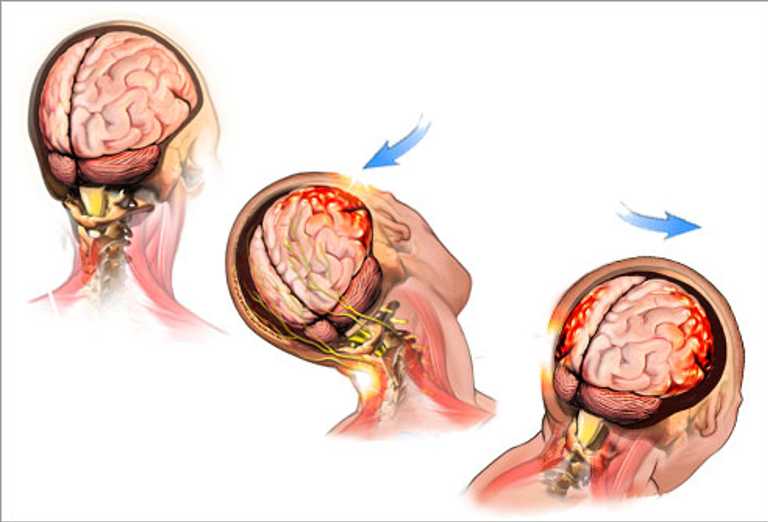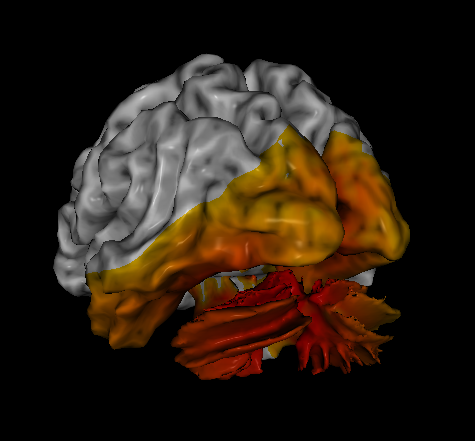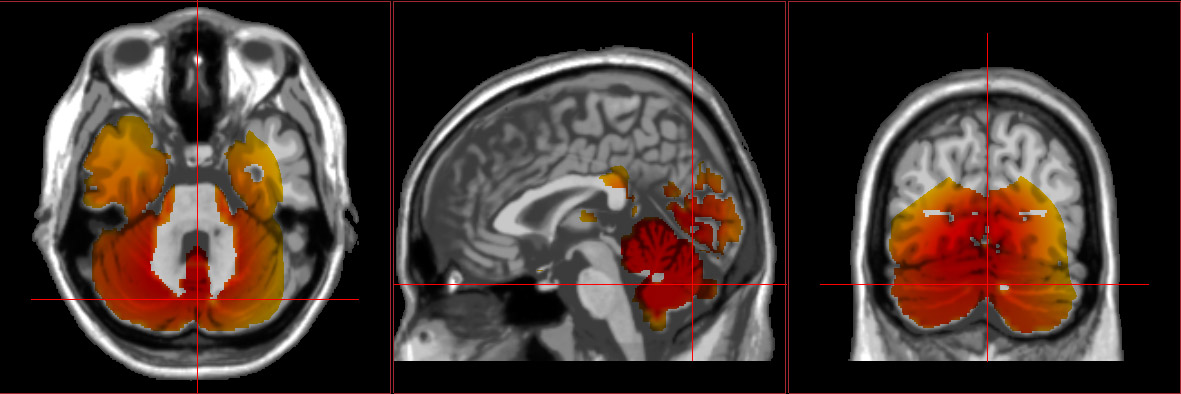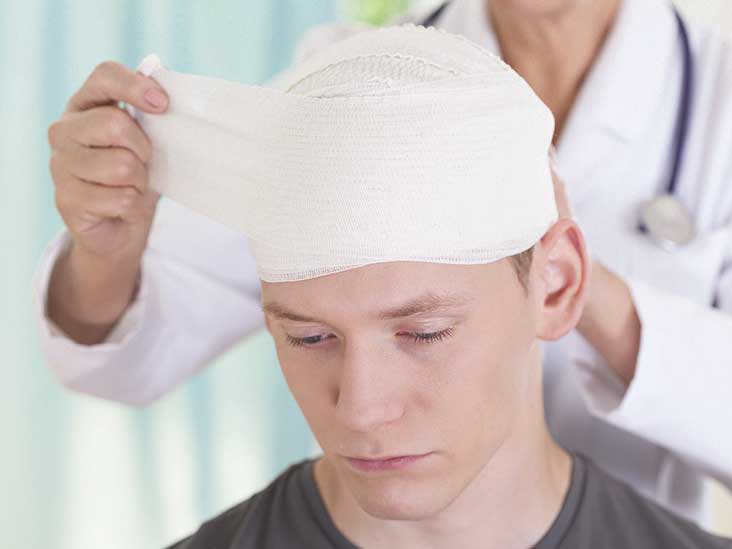CONCUSSION/TBI
A concussion can dramatically alter the course of an individual’s life within in an instant. Unfortunately, many concussions actually go undiagnosed and/or inadequately treated. Concussion testing tends to be based on limited scientific data and rarely involves actually looking at the brain. When brain imaging is utilized, many hospitals only utilize structural neuroimaging methods (e.g., MRI) and thus fail to identify functional impairments.
Many individuals don’t realize that a concussion can occur without even hitting the head, such as in the case of a car accident in which a sudden stop can cause the brain to hit the inside of the skull. In some cases, the symptoms resulting from such injuries are also attributed to other culprits or given other diagnoses.
For example, we now know that many war veterans diagnosed with posttraumatic stress disorder also show signs of brain injuries from the shock waves of bombs nearby, accidents that occurred overseas, or even military training exercises. Furthermore, individuals who have sustained multiple or repeated concussions, such as in the case of athletes, can be easily missed as the effects subtly compound over time. Much emphasis is placed on loss of consciousness and amnesia although fewer than ⅓ of all sport-related concussions involve either condition.
Chronic traumatic encephalopathy (CTE) is a neurodegenerative disease caused by repeated head injuries, which can be asymptomatic for several years. If left unchecked, CTE progresses and can lead to serious problems, including depression, paranoia, memory loss, confusion, and progressive dementia.
Such “invisible” injuries can manifest in a variety of ways depending on the particular regions that were harmed and might underlie a variety of mental health diagnoses and learning disorders. Post-concussive symptoms can include disrupted sleep, lethargy, mood instability, anxiety, attention deficits, short-term memory loss, impulsivity, learning difficulties, headaches, problems with visual and/or auditory processing, and more. These symptoms can last from several weeks to several years following the original injury.
The good news is, we now have some powerful tools to help the brain heal from such injuries—even years after the fact!




